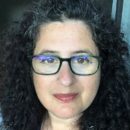We have much more to do and your continued support is needed now more than ever.
Students at PS 57 Conduct a 14-Month Water Quality Study
March 17–23 is National Wildlife Week, and this year’s theme is water, specifically people and wildlife’s shared need for clean water. In keeping with this year’s theme, Junior Scientists and Junior Rangers at PS57, a Green Flag Eco-School in Staten Island New York, presented results from a 14-month EPA-funded comparative water quality study. Samples were collected from several water bodies: Eibs Pond, a wetland pond across the street from the school; Blue Heron Park Pond, a local pond about 8.5 miles from the school; three ponds at a Vermont dairy farm; and streams, ponds and lakes in the Catskill watershed, which provides New York City’s 8.5 million residents their drinking water.
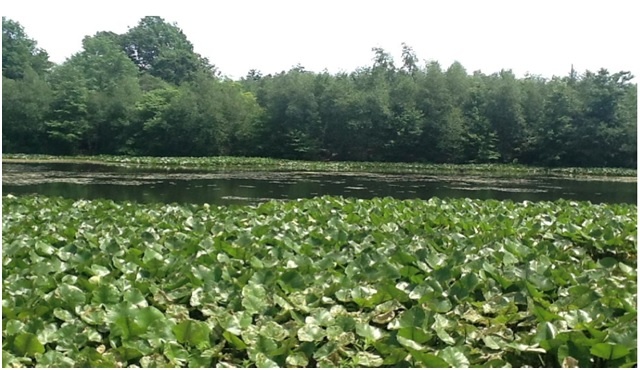
Collecting Samples
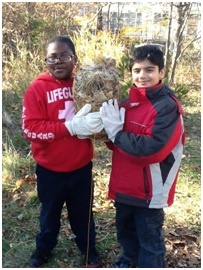
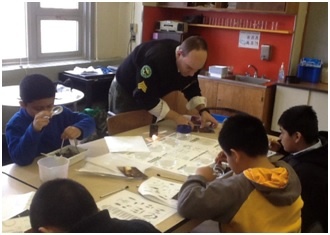
Student data were analyzed to determine water quality health based on the number and kinds of macroinvertebrates found in samples. Based on results, which revealed an overabundance of aquatic worms, the students confirmed the DEC’s findings that that Eibs Pond water was still slightly impacted by pollution.
Next, students used four different water quality tests to determine pond water health. Students tested water samples’ Ph, nitrite, nitrate and ammonia levels and recorded their results.
Testing Water Quality
Rangers also worked with PS 57 teachers and students at nearby Blue Heron Park as part of the comparative water quality study. Macroinvertebrate specimens were collected and identified and data were charted. Findings were enlarged using a microscope and projector and images of specimens were projected onto a screen.
In October 2013, while on a one-week trip to Spring Brook Farm, a sustainable dairy farm in Reading, Vermont with the Farms for City Kids program, PS 57 students tested the quality of the water in three ponds there. They found that water quality of the ponds was slightly impacted as a result of manure fertilizers used in adjacent fields.
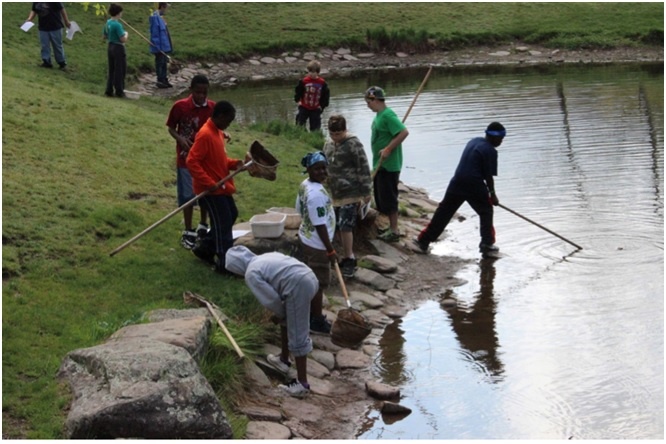
Help Wildlife and Water
Ensuring our water is clean is a vital way you can protect wildlife and our communities. Learn more about wildlife and water for National Wildlife Week, including how you can help.
Does your Eco-School have a great environmental science program? If so, I’d love to know about it! Please email me at fanoe@nwf.org.

